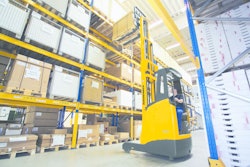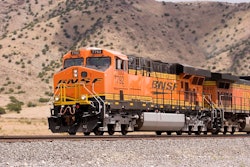Healdsburg, CA: J Vineyards & Winery, specialists in Russian River Valley sparkling and varietal wines, has achieved certified sustainable status through the California Sustainable Winegrowers Alliance (CSWA). The sustainable certification covers all vineyard and winery operations.
J Vineyards & Winery, located minutes south of Healdsburg, owns 10 estate vineyards sprinkled throughout the Russian River Valley, totaling more than 250 acres of planted Chardonnay, Pinot Noir, and Pinot Gris grapes.
"For the past two years, we've been diligently working on aligning J with CSWA's commitment to wine quality," said John Erbe, J Vineyards & Winery viticulturalist. "Our estate vineyards have been planted utilizing the latest techniques in water conservation, wildlife habitat corridors, and soil erosion reduction."
Founded in 2010, the California Sustainable Winegrowing Alliance program is a third-party verification and certification process maintained by CSWA. The program, based on 227 "best practices," is designed to ensure environmental stewardship, the conservation of energy and natural resources, and socially equitable business practices. CSWA's certification program has been a positive environmental awareness catalyst for more than 1,500 of the State's top vintners and growers.
"Reducing, reusing and recycling is not just a slogan at J," says Judy Jordan, founder and president. "This has been my vision for J since its founding 25 years ago. The business practices we have implemented over the past three years are keys to a healthier future."
Some of the green initiatives J has embarked on include:
- The use of Integrated Pest Management (IPM) and cover-crop programs throughout the winery's ten estate vineyards as a means to protect riparian habitats. IPM methods are also used to build soil tilth while attracting beneficial insects.
- Replacing all inefficient incandescent lights throughout the winery with new, high-intensity, lower energy lighting. Recycling all paper, corks, and glass used throughout the winery.
- Reducing water used throughout the winegrowing and winemaking process.
- The computerization of refrigeration compressors to reduce energy consumption, coupled with energy-efficient cooling towers.
- Replacing existing water boilers with higher-efficiency heaters that work in stages.
- A reduction in the weight of our sparkling and varietal wine bottles.
- Using low VOC paints throughout the winery.














